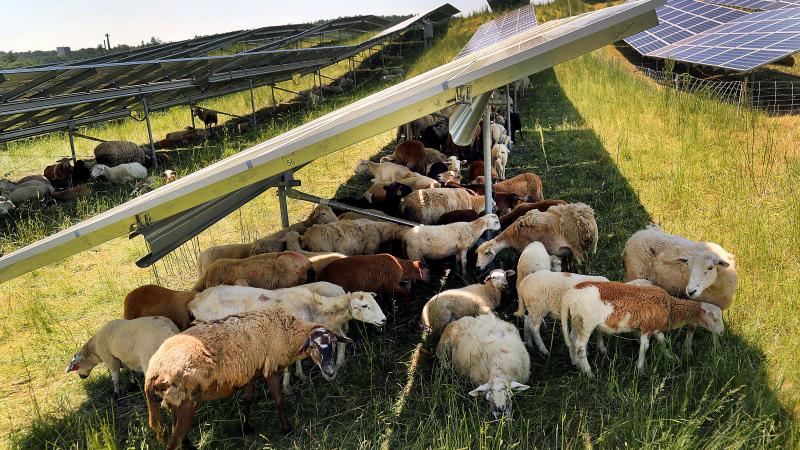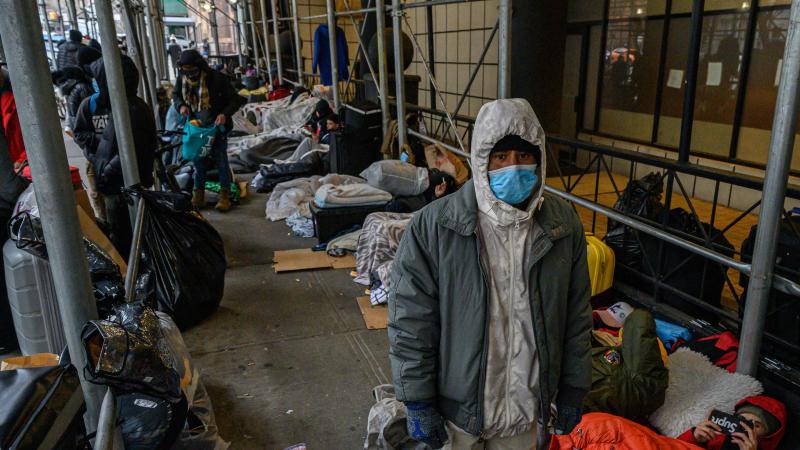Grassroots campaign begins on an Illinois utility’s gas pipe replacement program
The hike was fueled mainly by the company's Safety Modernization Program to replace nearly 2,000 miles of old, deteriorating natural gas pipes.
A coalition of consumer and environmental organizations have announced a grassroots campaign to raise awareness of the Illinois Commerce Commission investigation into an Illinois Utility’s pipe replacement program.
The campaign follows a $300 million rate hike that Peoples Gas won last year, which was the largest in state history. The hike was fueled mainly by the company's Safety Modernization Program to replace nearly 2,000 miles of old, deteriorating natural gas pipes.
A protest over Peoples Gas pipe replacement program took place in front of the utility’s Chicago office Thursday.
“Many Chicago residents have a simple question,” said Jim Chilsen, communications director with the Citizens Utility Board. “What the heck is wrong with my Peoples Gas bill, and there is a simple answer, the problem is the mismanaged, over budget pipeline replacement program.”
Cost estimates for the pipe replacement program have grown from $1 billion to up to $11 billion. In November, utility regulators at the ICC paused the pipe replacement program and launched a formal investigation.
Illinois Public Interest Research Group (PIRG) is dispatching teams of canvassers into neighborhoods to have one-on-one, face-to-face conversations with over 3,000 Peoples Gas customers.
“Chicagoans have been forced to pay for the failing Peoples Gas pipe replacement program for too long,” said Natale Plevinsky, citizen outreach director for Illinois PIRG. “It's time to give Peoples Gas customers a voice, and that is what we will be doing through our grassroots campaign for safer, cleaner energy.”
A Peoples Gas spokesman said the company is open to revisions to the program.
"We also have recently provided state regulars with potential changes to consider in terms of how we approach this work going forward," said Peoples Gas spokesman David Schwartz.
The investigation into the costly program should wrap up early next year.













